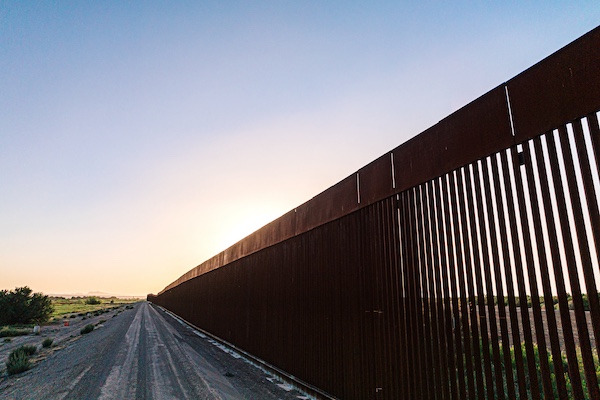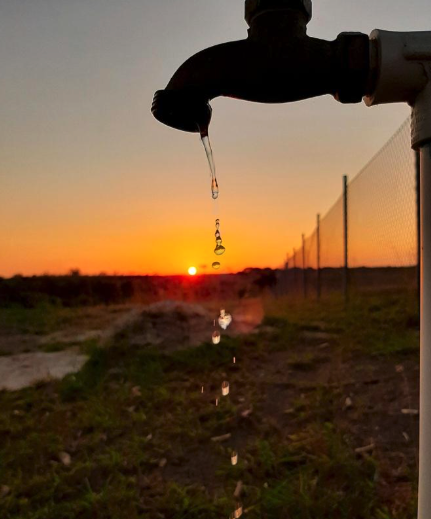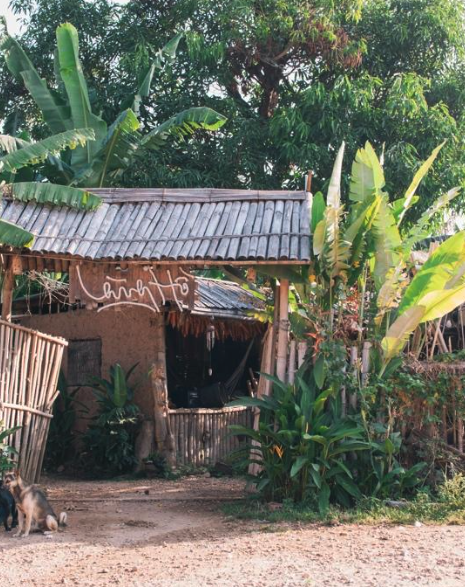where we Work
North America
In North America, the Kruse Foundation is primarily focused on ending human trafficking. This happens all over, but often occurs around international travel hubs with large immigrant populations. Many are unaware of how big an issue this is.
We support organizations that are tackling this issue in several different ways. This includes legislative advocacy at all levels of government, educating and training people, informing people about the 24/7 access to the National Human Trafficking Hotline, case management, shelter for survivors, and defending survivors in court.
Life-saving vaccines are also provided in Haiti, meals are provided in several Caribbean countries, and access to clean water is provided in Mexico. The primary focus in North America remains on fighting human trafficking.
Stats on the regions:
It is estimated that up to 50,000 women and children are trafficked in the United States per year.
It is also estimated that as many as 1.1 million people are living in modern slavery in the United States alone.
There are more slaves today than at any time in history. This includes when slavery was legal.

South America
In South America, we support organizations providing meals and clean water in several low-income countries. This not only saves lives but also amplifies productivity, as people primarily women spend significant amounts of time each day collecting water. It also reduces conflict and prevents illness.
We support an international organization working in over 100 countries that is fighting to end the prostitution and trafficking of children. In South America this organizations work is multi-faceted, encompassing research, advocacy, prevention, direct support to child victims, and engagement with various stakeholders to protect children from all forms of commercial sexual exploitation.
Stats on the region:
More than a third of the population in South America suffers from moderate to severe food insecurity.
25% of the population lacks access to clean drinking water.

Africa
An elevated percentage of resources are allocated in Africa due to an increased need within the continent. We provide this support by fighting the trafficking of children, provide meals, clean water, vaccines, and access to contraceptives if the women so choose.
Access to contraceptives prevents unintended pregnancy. Many women pursue unsafe abortions when they become unintentionally pregnant. This often harms the mother. Unsafe abortion is also a significant cause of maternal mortality. Contraceptives give women a choice about their future. They also allow women to stay in school or pursue a career. They do not have to opt out to raise children.
The organization we support works closely with governments to ensure that reproductive-based health care is provided through primary health care systems and that they are adequately financed. They also advocate for laws that support the equal treatment of women.
Many African countries are receiving our support to provide vaccines to children, preventing death from infectious diseases. They receive our support to fight the trafficking of children. They also receive meals and access to clean water.
Stats on the region:
Nearly half of African women have experienced gender-based violence.
Only 3% of abortions are unsafe in Western nations because of the continual access to contraceptives. 55% of abortions in developing countries are dangerous.
Gross domestic product per capita across Africa averages just under $3,000, measured in USD.

Asia
Asia receives the same support as Africa. This is fighting the trafficking of children, access to contraceptives, vaccines, food, and clean water. This support is primarily provided in the southernmost region, where GPD per capita remains the lowest.
Stats about the region:
GDP per capita varies considerably across Asian countries. The highest country has 20 times that of the lowest.
South Asia is experiencing strong economic growth. It remains the fastest region globally.

Europe
Europe has benefited substantially from being the first continent to experience widespread industrialization because of its high living standards. It remains a region where minimal support is required. We support an organization that provides meals in Ukraine. Another organization we support is fighting the trafficking of children in several European countries.
Stats about the region:
Europe’s GDP per capita is $45,000, measured in USD.

Oceania
The organizations we support work in several Oceanic countries. This support is through meals for food-insecure individuals, vaccines for children to prevent death from infectious diseases, and fighting the trafficking of children.
Stats about the region:
Several of these Oceanic countries have GDPs per capita similar to those of countries in South Asia and Africa.

